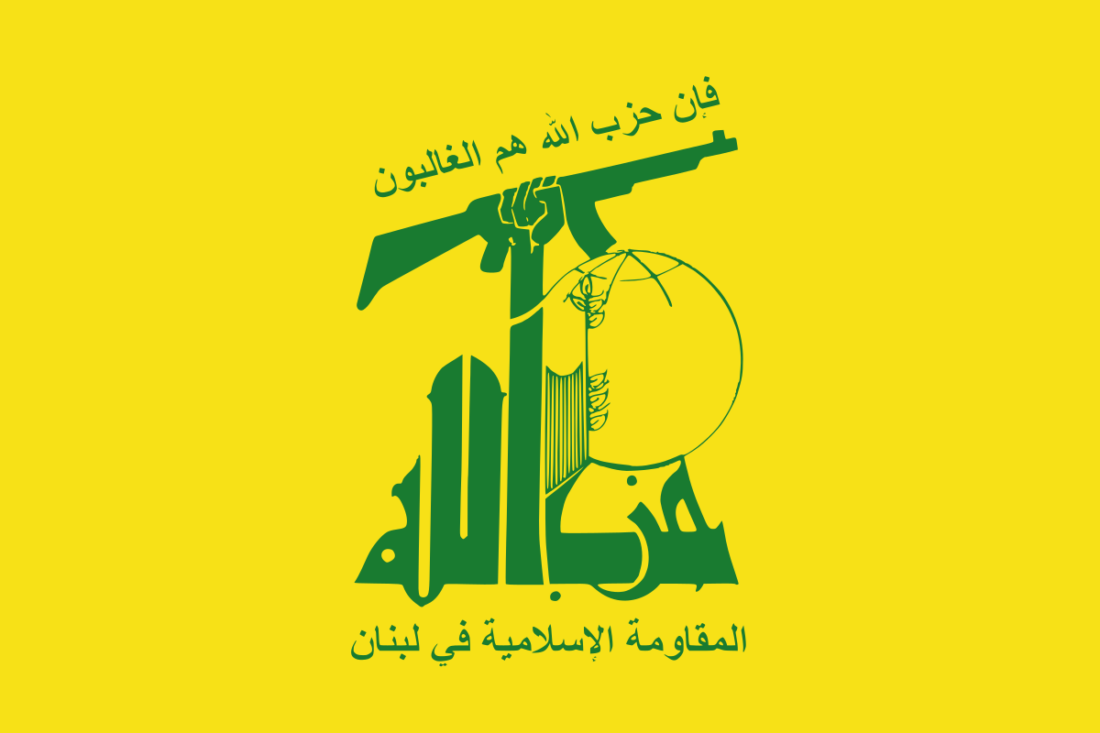Observers are still scratching their heads over the uncertain outcome of Israel’s latest armed clash with Hezbollah late last month.
Israel and Hezbollah have been bitter enemies since the 1980s, having fought a guerrilla war until Israel’s unilateral withdrawal from Lebanon in 2000 and a month-long war in 2006. On occasion, they have clashed in skirmishes.
Although Israel has largely succeeded in deterring the Lebanese militia for the past 14 years, Hezbollah continues to test Israel’s resolve and remains a stubborn adversary, judging by the most recent incident.
Israel expected a retaliatory strike from Hezbollah after one of its members was killed in an Israeli missile strike in Syria on July 21. Israel struck weapons depots and military positions near Damascus belonging to the Syrian army and Shi’a fighters backed by Iran. Five non-Syrians were killed, including Ali Kamel Mohsen Jawad of Hezbollah. His death broke one of the informal rules of engagement to which Israel and Hezbollah have generally abided.
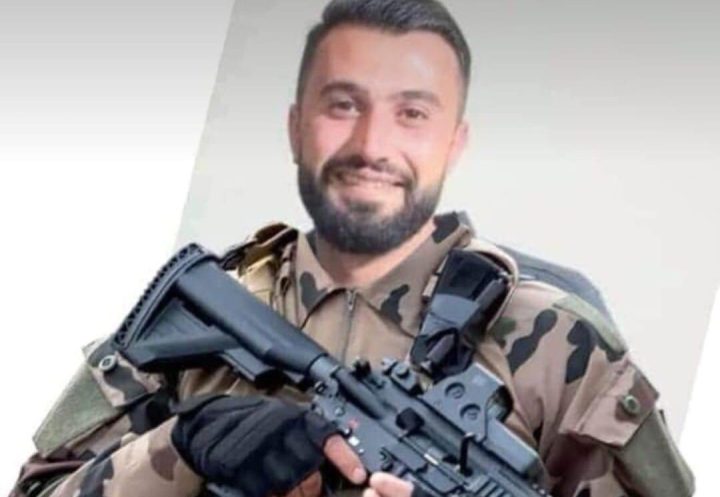
As Iran has methodically entrenched itself militarily in Syria, which has been embroiled in a civil war for the past nine years, Israel has repeatedly bombed Iranian military sites in Syria and Hezbollah convoys transporting Iranian arms to bases in Lebanon.
Israel’s launched its missile strike in the third week of July after Syria and Iran, the closest of allies for four decades now, signed an agreement under which Iran would upgrade Syria’s air defences. Expecting an imminent Iranian reprisal, Israel dispatched special forces and missile batteries to the border with Lebanon.
On the diplomatic front, Israel adopted a carott-and-stick approach.
Prime Minister Benjamin Netanyahu warned Hezbollah that attacks from Lebanon would draw a strong response.
Defence Minister Benny Gantz declared that Israel would continue to act against the entrenchment of Iranian and pro-Iranian forces in Syria, would block the transfer of advanced weapons from Syrian territory to Hezbollah, and would disrupt Hezbollah’s precision-guided missile program.
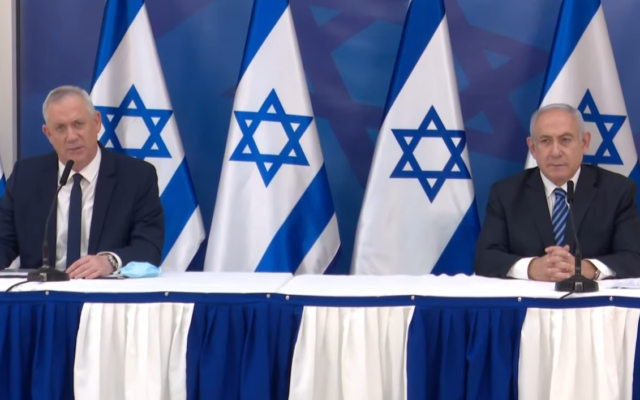
The Israeli government also sent a two-pronged message to Hezbollah’s leadership through the United Nations: It had not intended to kill Jawad, and it was not interested in coming to blows with Hezbollah at this time.
Israel took the trouble to convey these messages because Hezbollah has vowed to avenge the death of any of its foot soldiers killed by Israel in Syria or Lebanon.
Last September, after two of its men were killed by Israel, Hezbollah fired several anti-tank missiles at Israeli positions near the Lebanese border, narrowly missing a vehicle with five soldiers inside.
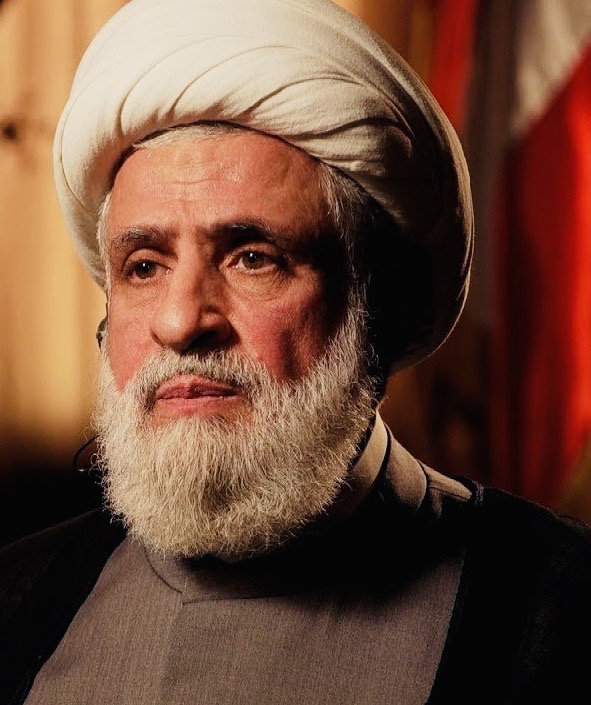
In the face of the most recent tensions, Naim Qasim, the deputy leader of Hezbollah, brushed off Israel’s warnings. “If Israel decides to go to war with us, then we will confront them, and the 2006 war will be a model for us.”
Two days later, on July 27, three Hezbollah operatives carrying assault rifles were spotted a few hundred meters from Israeli lines in the Shebaa Farms, or Mount Dov area, which Israel captured during the Six Day War and annexed in 1981.
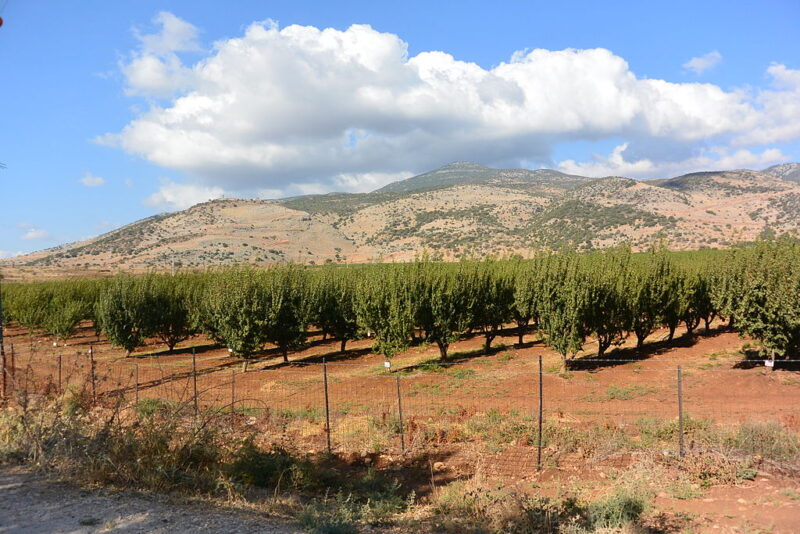
Israeli troops fired in their direction, forcing them to flee. It would appear that Israel had no intention of killing them, cognizant that a fatal clash could have touched off an even more violent incident.
Oddly enough, Hezbollah denied that the abortive attack had even occurred, claiming that Israel’s account was “absolutely false.” However, Israel announced that it possessed footage of it.
Since July 27, Hezbollah has not mounted new attacks despite having threatened to do so. Nevertheless, the possibility of fresh clashes should not be discounted.
Hezbollah has upwards of 150,000 missiles in its arsenal. And since its intervention in Syria’s civil war on the side of Syrian President Bashar al-Assad’s Baathist regime, Hezbollah has acquired valuable battlefield experience.
In December 2018, Israel located and destroyed six Hezbollah tunnels snaking into Israel territory. Last January, the Israeli army began installing underground sensors along the border to detect new tunnels.
Hezbollah’s secretary-general, Hassan Nasrallah, has said that Hezbollah will try to invade northern Israel in the event of another war. This past April, Israel discovered that its security fence along the Lebanese border had been severed in three places, signifying that Hezbollah has been testing Israel’s defences.
Two and a half months ago, Nasrallah said that Jews have no right to Israel. This was hardly surprising, given Hezbollah’s rejection of Israel’s very existence.
As he put it, “While we never said we wanted to throw anyone into the sea, those who flocked to Palestine must leave. Palestine from the river to the sea is the property of the Palestinian people and they shall return to it. Anything that has been stolen cannot become the legal property of a thief, even if the entire world recognizes its ownership. Our stance on Palestine is religious and ethical, and therefore we cannot compromise on it.”
One can only draw one conclusion from Nasrallah’s statement: Israel and Hezbollah have a big score to settle.
